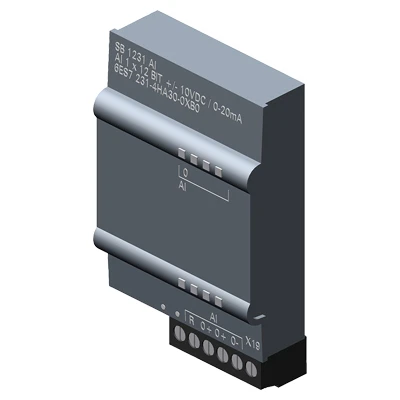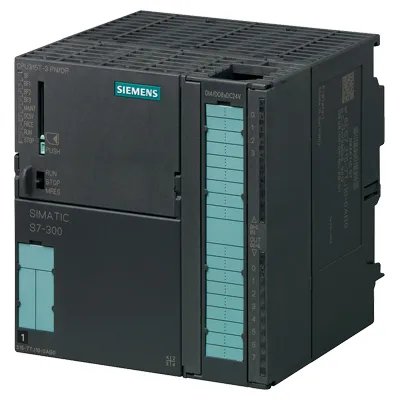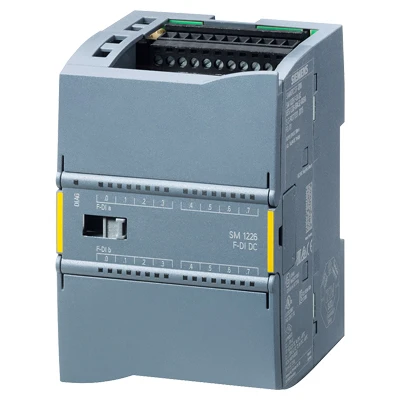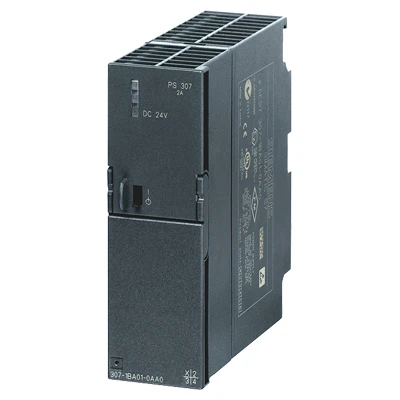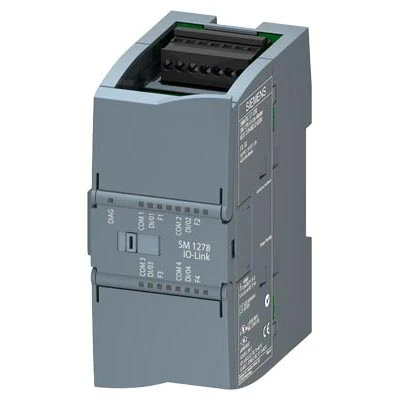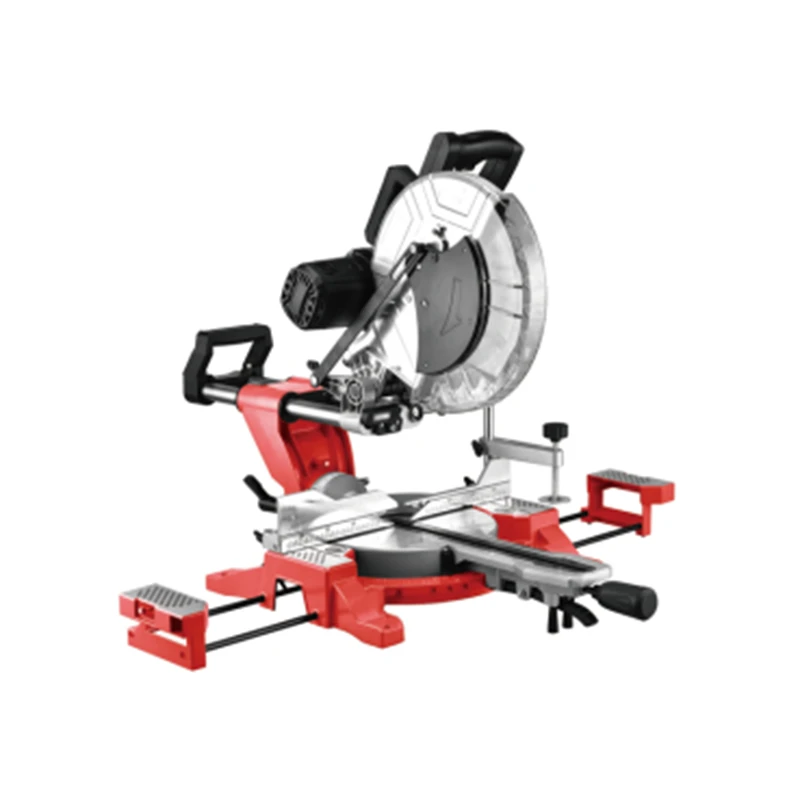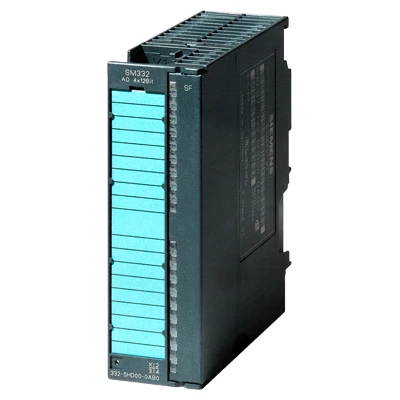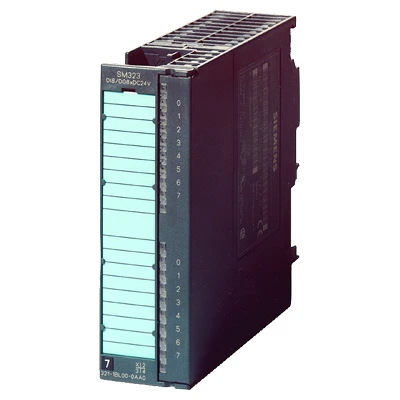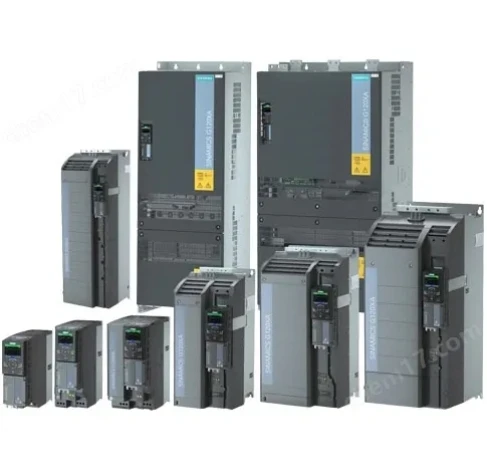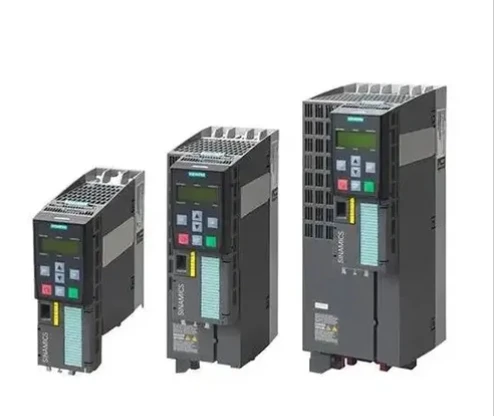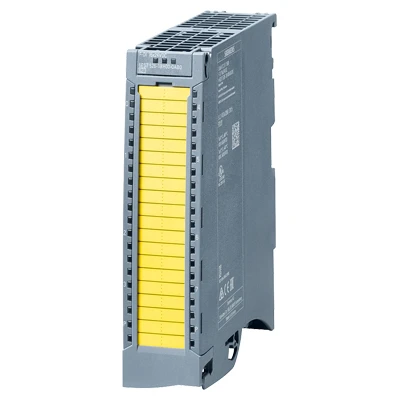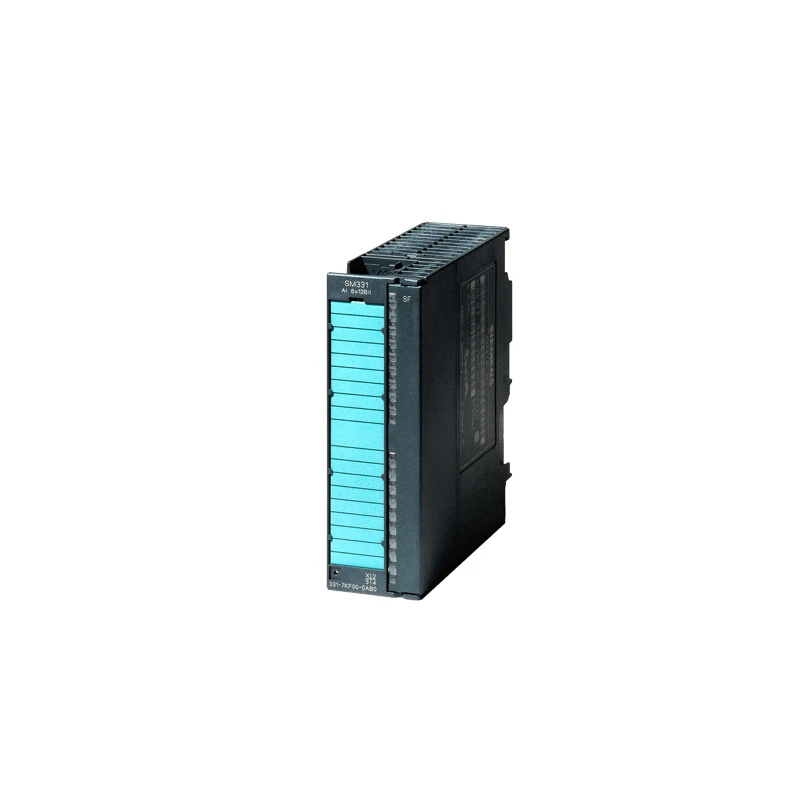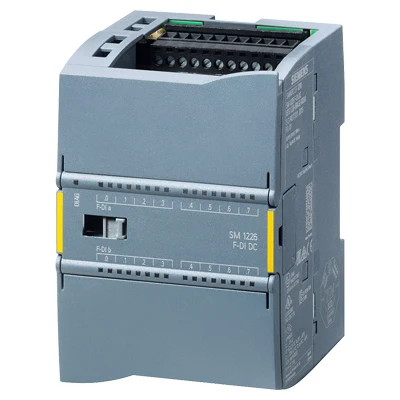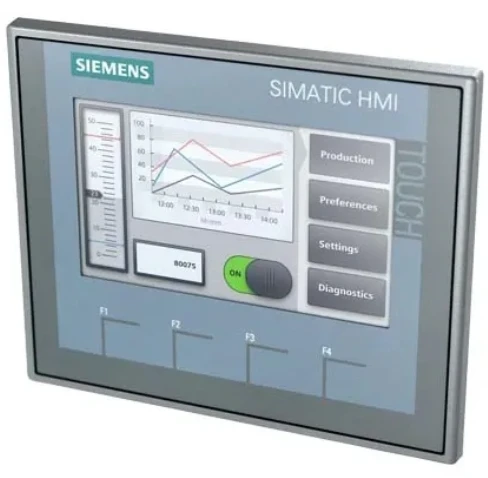Flexible Power for Smart Factories: Why PLC SIEMENS S7 1200 is the Automation Standard
In today’s industrial landscape, automation is no longer optional—it’s essential. For businesses looking to enhance precision, reduce operational costs, and prepare for smart manufacturing, the plc siemens s7 1200 stands as a powerful yet compact solution. Built with flexibility, reliability, and digitalization in mind, the s7 1200 is the perfect balance between performance and affordability. Whether in packaging lines, energy management, or small-scale control systems, this PLC proves that great power can come in a compact form.
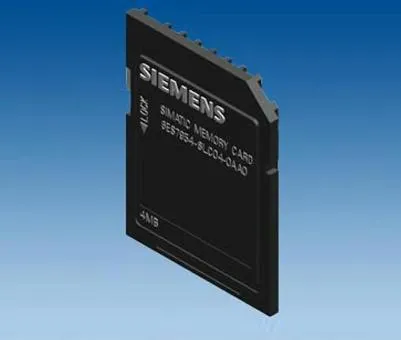
Unmatched Communication Versatility of PLC SIEMENS S7 1200
One of the strongest advantages of the plc siemens s7 1200 is its native support for multiple industrial communication protocols. Unlike many entry-level controllers, the s7 1200 supports PROFINET, Modbus TCP/IP, and even can integrate with cloud-based IoT platforms. This wide compatibility means manufacturers can easily connect the s7 1200 to SCADA systems, HMIs, variable frequency drives, and sensors without requiring third-party gateways or complex reconfigurations.
Through the s7 1200 cpu, users gain built-in Ethernet ports that make direct communication with supervisory control or monitoring software seamless. This feature is particularly vital for decentralized production lines where every second counts. Moreover, the controller’s web server functionality enables remote monitoring, diagnostic access, and firmware updates—all without interrupting plant operations.
In smart energy systems, the communication ability of the plc siemens s7 1200 allows it to be integrated into energy meters and load monitoring devices, helping users track energy use in real time and make informed decisions for savings.
PLC SIEMENS S7 1200:Seamless Development with the STEP 7 Programming Environment
Programming a PLC shouldn't be a headache—and Siemens ensures this with the powerful STEP 7 platform in the TIA Portal. The plc siemens s7 1200 is fully optimized for STEP 7, giving users access to a standardized programming environment that simplifies development, debugging, and deployment.
With features like drag-and-drop ladder logic, SCL programming, and easy hardware configuration, even complex logic becomes manageable. One standout benefit is the graphical configuration of the sm1232 analog module, which allows engineers to set scaling, signal thresholds, and alerts with just a few clicks. This reduces commissioning time and ensures accurate data collection for process control.
What makes the programming experience even more efficient is the tight integration between the s7 1200 cpu and TIA Portal. When a change is made to the logic or hardware configuration, the platform automatically synchronizes and checks for errors—leading to fewer bugs and faster deployment.
Automation Excellence: The Role of PLC SIEMENS S7 1200 in Industry
The rise of digital factories has made smart control systems a necessity. The plc siemens s7 1200 plays a key role in these environments by delivering high-speed processing, compact modular design, and real-time control capabilities.
Take the s7 1200 in a bottling plant as an example. Integrated with the sm1232 module, it reads analog data from fluid level sensors, sends digital commands to actuators, and communicates with the main HMI—all while executing complex logic in real time. The result is a fully synchronized system that maximizes productivity and minimizes waste.
The s7 1200 cpu is equipped with fast response times and cyclic interrupts, making it ideal for applications that require quick decision-making—such as packaging, sorting, or robotic pick-and-place lines. Its ability to handle both discrete and analog I/O, paired with a modular structure, means you can scale your automation solution without redesigning the entire control architecture.
Another key advantage is the robust design of the plc siemens s7 1200. Withstanding high vibration, humidity, and temperature fluctuations, it’s engineered for harsh industrial environments. Whether mounted on a factory wall or embedded in a compact control panel, the s7 1200 delivers consistent performance day in and day out.
Understanding the Siemens S7 1200 Price: Value Beyond the Cost
When assessing the siemens s7 1200 price, it's crucial to evaluate what you're truly getting. While the upfront cost may be slightly higher than generic PLCs, the real value lies in reduced development time, lower failure rates, and superior long-term support.
Compared to other PLC systems that require separate components for communication, diagnostics, or analog control, the plc siemens s7 1200 offers all these features in a compact package. The s7 1200 cpu includes advanced memory management, real-time clock functions, and secure data handling—all standard, not optional upgrades.
Additionally, Siemens offers long-term product availability and global technical support, meaning your investment in the s7 1200 is protected across the full lifecycle of your system. The siemens s7 1200 price reflects not just the product, but a full ecosystem of tools, documentation, and reliability.
When using modules like the sm1232, the seamless integration ensures minimal installation errors and fast configuration—further reducing engineering costs. For manufacturers seeking efficient performance without compromising on quality, the siemens s7 1200 price delivers unmatched value.
PLC SIEMENS S7 1200 FAQs
What makes the plc siemens s7 1200 suitable for industrial environments?
Its robust design, high-speed processing, and modular architecture make it ideal for real-time control in harsh factory conditions. Its ability to integrate with various I/O modules and support for multiple protocols ensure flexible deployment.
How does the s7 1200 simplify programming and configuration?
With the TIA Portal and STEP 7 environment, users enjoy a visual interface, auto-error detection, and seamless hardware integration. Even analog modules like sm1232 are easy to configure through a guided setup.
What is the function of the s7 1200 cpu?
The s7 1200 cpu is the central processing unit of the system. It handles logic execution, memory management, diagnostics, and communication with field devices through built-in ports.
Why is the sm1232 module important in automation?
The sm1232 provides analog input capabilities to the plc siemens s7 1200, enabling it to monitor temperature, pressure, and other sensor data for dynamic control and decision-making.
Is the siemens s7 1200 price justified by its features?
Yes. The siemens s7 1200 price includes advanced diagnostics, flexible communication options, easy scalability, and long-term reliability. It delivers a high return on investment for small and mid-sized automation projects.

